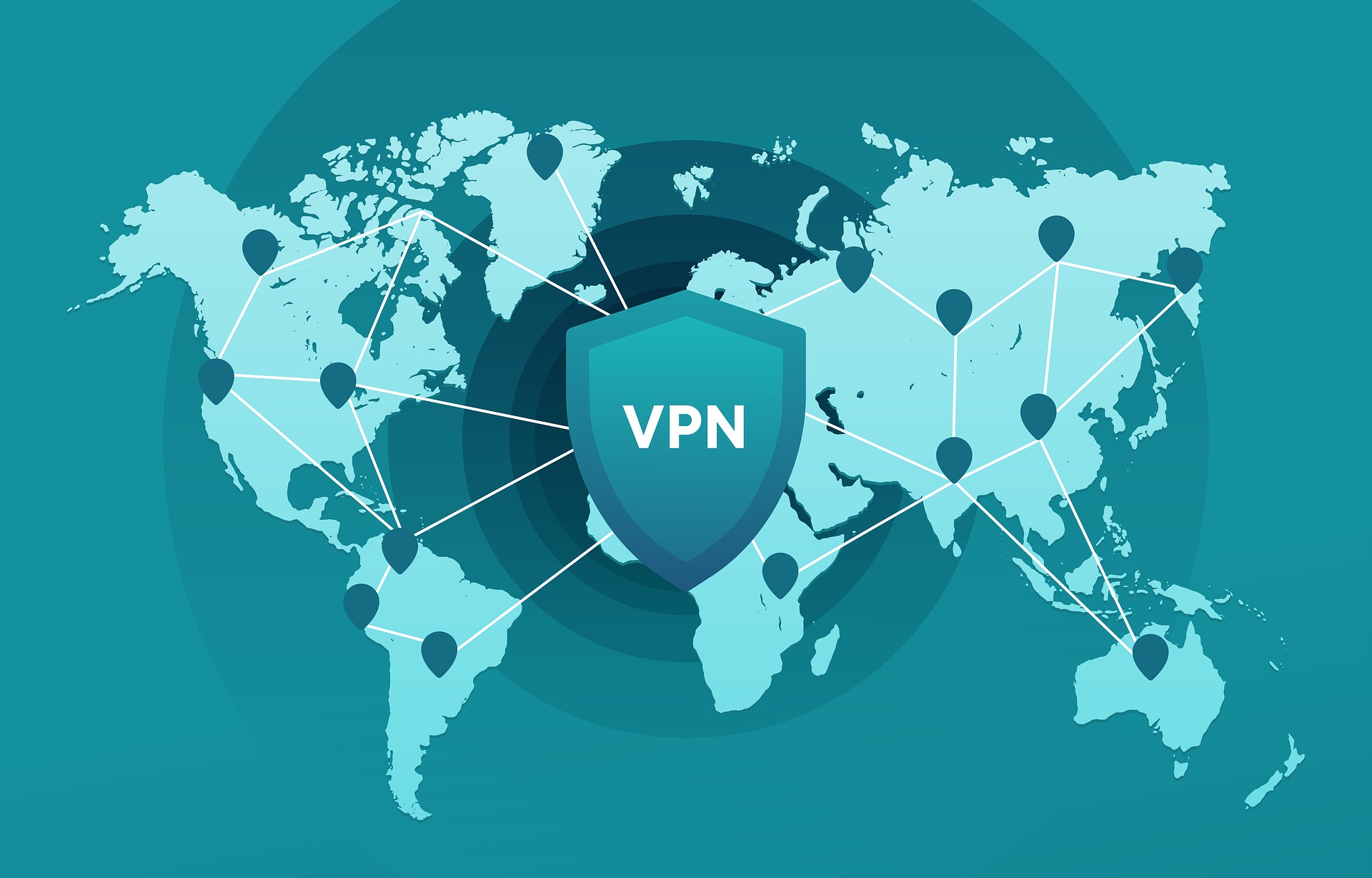A virtual private network (VPN) is a security measure, which encrypts a user’s internet signal then connects them to a private server. VPNs for individuals usually do this by connecting a user to a remote, encrypted server with IP address different from the one provided by their ISP. This has the effect of hiding user activity from prying eyes, as it conceals both the user’s activity and their true IP address from the public. PC Mag has a good video summary of the process here.
In contrast, businesses often use VPNs to connect to their own private servers, the access to which is tightly controlled. This allows remote or traveling employees to use, send, and receive proprietary information without being connected to the server physically. This keeps sensitive information safely housed in a private facility, rather than exposing it to the internet at large, where anyone can pilfer it.
VPNs have many security benefits, but they have some draw backs too. Keep the following things in mind when considering if you should invest in a business VPN.
Pros and Cons
Pricing is the first consideration. Some VPNs can cost up to $16/user a month, and that’s just for smaller plans that cover 20 people or so. Plans for larger enterprises often aren’t advertised, but you can expect them to be pricey. What’s more, buying and maintaining your own server is an expense unto itself. And that’s before you consider upgrades to keep the hardware efficient and secure.
In addition, connecting to a VPN can slow a user’s signal speed, as it adds extra steps in the connection process.
Still, there are numerous benefits to using a VPN for your business. The first is convenience and flexibility. Remote employees can use a VPN to access company data wherever they are, whether they’re in an office, their own homes, or somewhere else. It’s also useful for employees who travel a lot for their work but still need to pull on proprietary data to do their jobs.
The second benefit is, of course, tighter security. If you trust your employees and have good, company-wide security practices in place, there’s arguably no better way to protect your data. A criminal (or ISP or rival company spy) would only be able to access your data if they somehow got a hold of an employee’s security credentials. Even then, there are measures you can take, such as simply resetting the credentials, to lock out threats to your network.
Finally, for companies who work internationally, VPNs are invaluable. Internet regulations vary from country to country and region to region. If you’re traveling in an area that has strict laws that prevent you from accessing your data on the public internet, you can use a VPN to tunnel off your signal onto your private network. This can keep government censors and other security measures from constraining your activity.
Are you ready to make the switch to a VPN? Titan Tech can help you shop for products, plan for protocols and procedures relating to VPNs, and help you establish best practices for using them. Contact them today for a free consultation.
And join us next week for more tech news.

